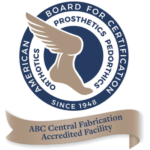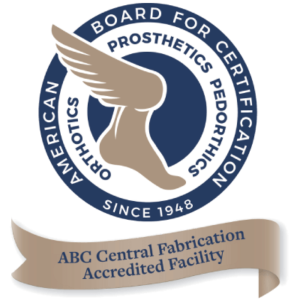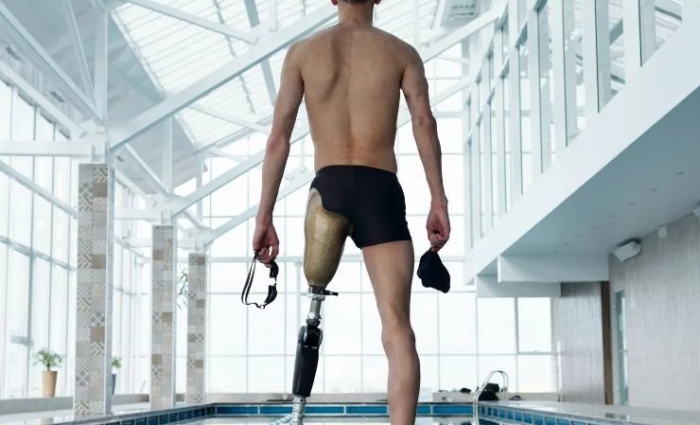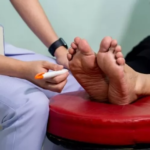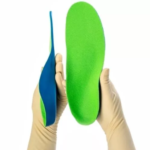Are Prosthetics Waterproof?
Approximately 2.1 million people in the United States live with limb loss. And among this population, many are enjoying water sports.
But what happens when they start using a prosthetic limb? Can they return to their previous lives and partake in water sport activities?
Many patients in need of a prosthetic frequently ask these questions. After all, whether they’re athletes or not, prosthetics can get wet in the rain or spilled with water. So, these artificial limbs can get wet easily.
What happens in this case? Are prosthetics waterproof and can handle being submerged in water?
In the past, prosthetic components were made of steel, a corrosive material that easily gets damaged when wet. Thus, people didn’t use prostheses in water. Otherwise, they get ruined.
However, as technology advanced, prosthetic fabrication evolved, and new materials became the base of artificial limbs. So, if your patients ask, are prosthetics waterproof? The answer is yes they can be!
Our central fabrication services produce specialized prosthetic limbs, spray skins, and more that are waterproof and water-resistant. Also, our world-renowned Grace Gauntlets and Grace Plates are durable and long-lasting, even if they get wet.
Here’s some information about waterproof prosthetics:
● Water-resistant prosthetics can repel water – So, when these prostheses are wet, during a rainstorm, for instance, they don’t get ruined. However, prolonged wetness can allow water to penetrate and ultimately cause the damage to the device.
● On the other hand, waterproof means the prosthetic is impermeable to water, and they can be submerged completely.
● If some components of the prosthesis are not waterproof, patients can use protective covers to protect the device.
● Protective covers can also help prolong the life of the prosthesis and maintain or restore its shape and tone, making it appear more realistic.
● Whether a prosthetic is waterproof or water-resistant, removing it when bathing is recommended so the residual limb can be cleaned.
Whatever type of prosthesis, the most important thing is that a professional prosthetist is consulted to get the perfect one for their needs and lifestyle.
Can Prosthetics be Used Underwater?
It’s important to discuss one of the most frequently asked questions about artificial limbs: “are prosthetics waterproof?” But now that you know the essential details about waterproof prostheses, the next question is, “can they also be used underwater?”
The answer is yes, in certain circumstances. Athletes, especially swimmers, will be happy to know that there are many activities they can do while wearing an artificial limb.
Here are some of them:
● Kayaking
● Paddle boarding
● Snorkeling
● Swimming
● Wakeboarding
● Water skiing
Aside from water sports, people wearing prostheses can participate in different activities, such as running and bicycling.
However, before your patients get their prostheses wet during water sports and other activities, it’s crucial to remember these tips:
1. A prosthetic foot can get lodged with sand when swimming in the ocean. Your patients will need a professional assessment and cleaning when this happens. Otherwise, they risk damaging the artificial foot.
2. Chlorine and salt water are corrosive substances for prostheses. When exposed to these substances, patients must thoroughly rinse them.
3. New prosthetic technology involves electronic components, which can be waterproof.
Getting back into water sports or any activity can be challenging for patients who lost a limb. However, it’s not impossible to enjoy the things previously done and loved, especially when they have the right prosthesis, ample support, and professional guidance.
Undoubtedly, waterproof prosthetics make things easier for people who love water sports. But of course, there are some things patients need to remember about wearing prosthesis in water. So, if your or your patients need to know more about waterproof prosthetics, don’t hesitate to call us at 1-800-940-5347. We’ll be happy to provide information about our prosthetic and orthotic devices.

